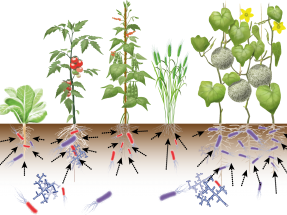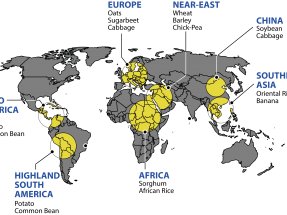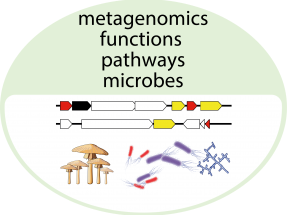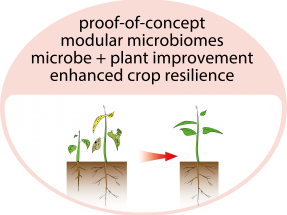MICROP research
The aim of MICROP is to tackle these challenges with a global vision. To achieve this goal, we have developed an ambitious multi-disciplinary research programme with the following approach:
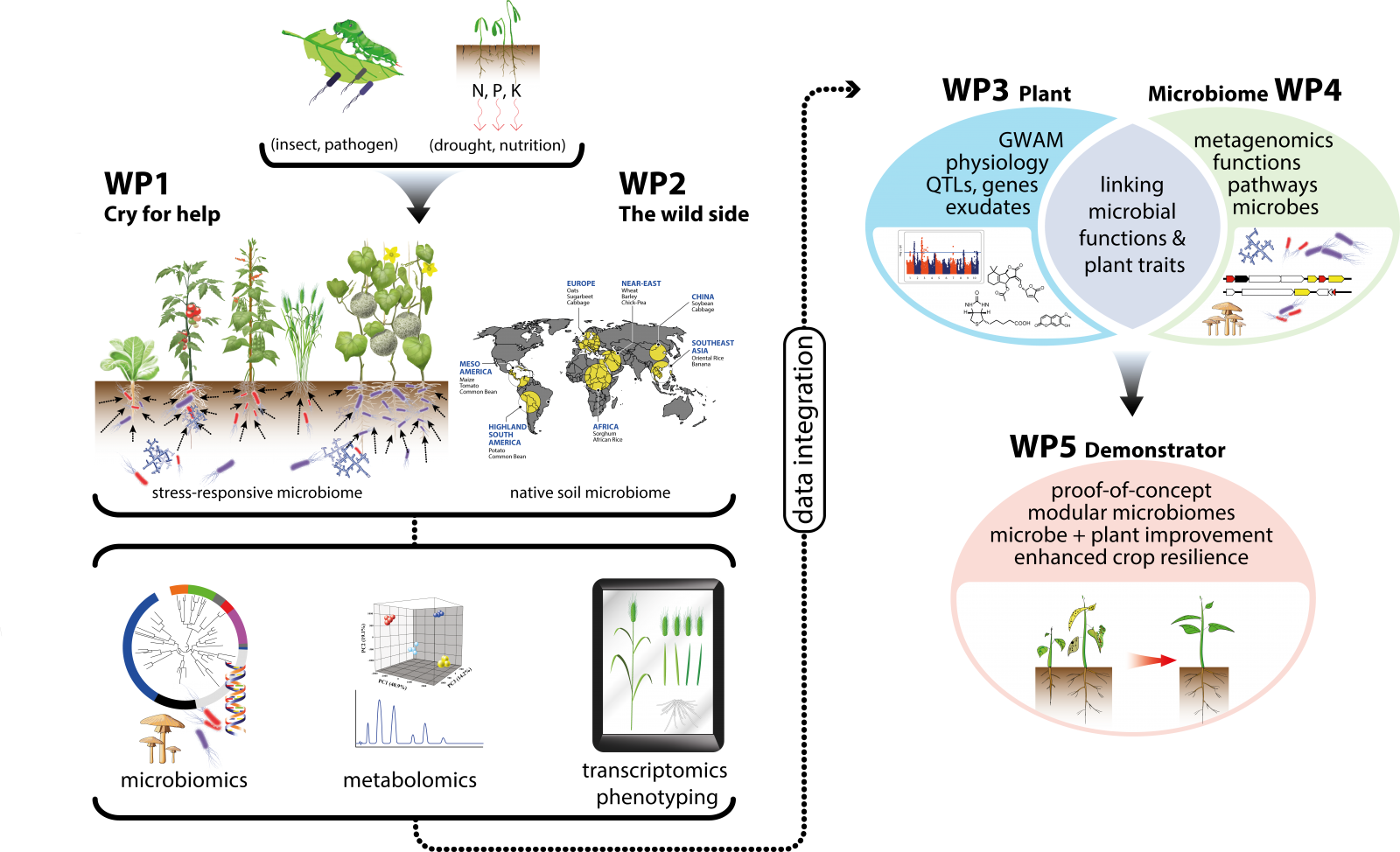
Research themes
WP1: Cry for help: stress-induced microbiome recruitment across the plant kingdom
Work package 1: We will study the evolution of plant-recruited root microbiomes across the plant kingdom. With precision-based methods, we will analyse the root microbiome dynamics and plant response and performance of 100 wild and cultivated plant species - related to the five most important food crop families – grown under four major types of stress: nutrient deficiency, drought, pathogen infection and herbivory.
WP2: Walk on the wild side of plant microbiomes
Work package 2: In collaboration with our international partners, we will investigate how microbiome recruitment and functionality change when plants are grown in soils at their centres of origin. Here, we take a selection of wild and domesticated plant species back to their origin, and determine how the taxonomy and functionality of the root microbiome changes under conditions where plants are exposed to different stresses.
WP3: Digging deep: Mechanisms and plasticity of stress-induced microbiome recruitment
WP3 Digging deep: Mechanisms and plasticity of stress-induced microbiome recruitment
WP4: Digging deeper: Microbiome functions facilitating plant stress resilience
Digging deeper: Microbiome functions facilitating plant stress resilience
WP5: Demonstrator: Harnessing the plant microbiome for stress-resilient future crops
Simone Borgoni, Identifying personalized epigenetic endocrine resistance based on pathway screening
Research projects
Mechanisms underlying plant-root microbiome recruitment under stress
To study evolution of root-associated microbe recruitment by analysing plant response and microbiome composition in 100 wild and cultivated plant species under biotic and abiotic stresses. To investigate the mechanisms underlying microbiome recruitment specific to the Cucurbitaceae family in domesticated species and their wild relatives.
Stress induced long-distance communication between plant and microbes
The overall aim of this project is to elucidate mechanism underlying biotic-stress induced plant-microbe communication belowground via root-emitted VOCs (volatile organic compounds).

